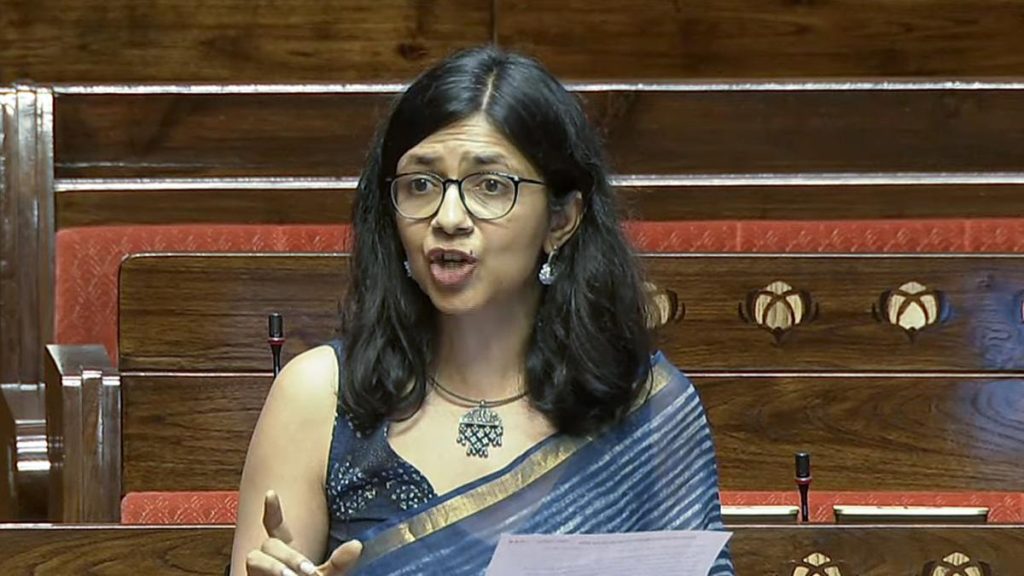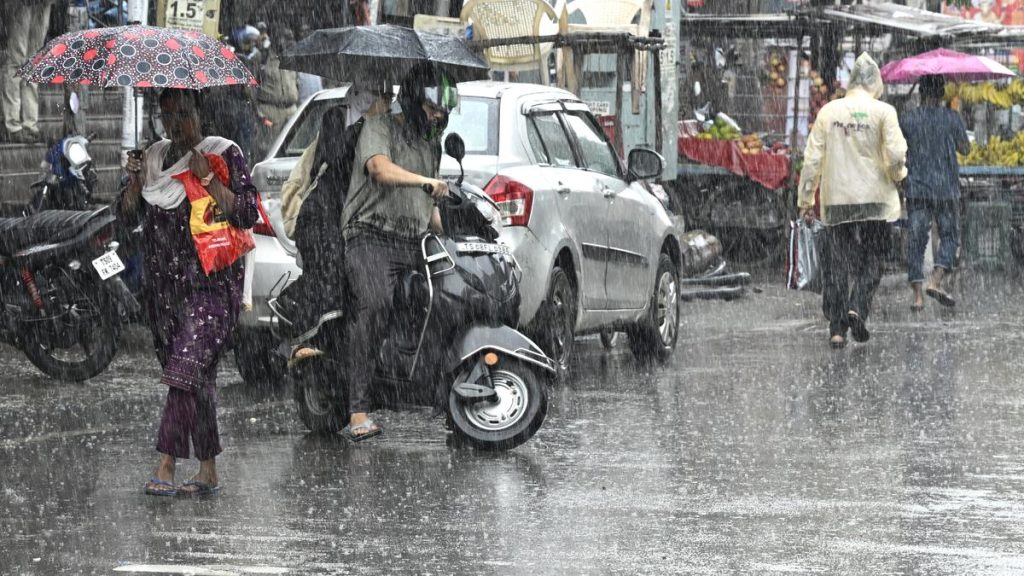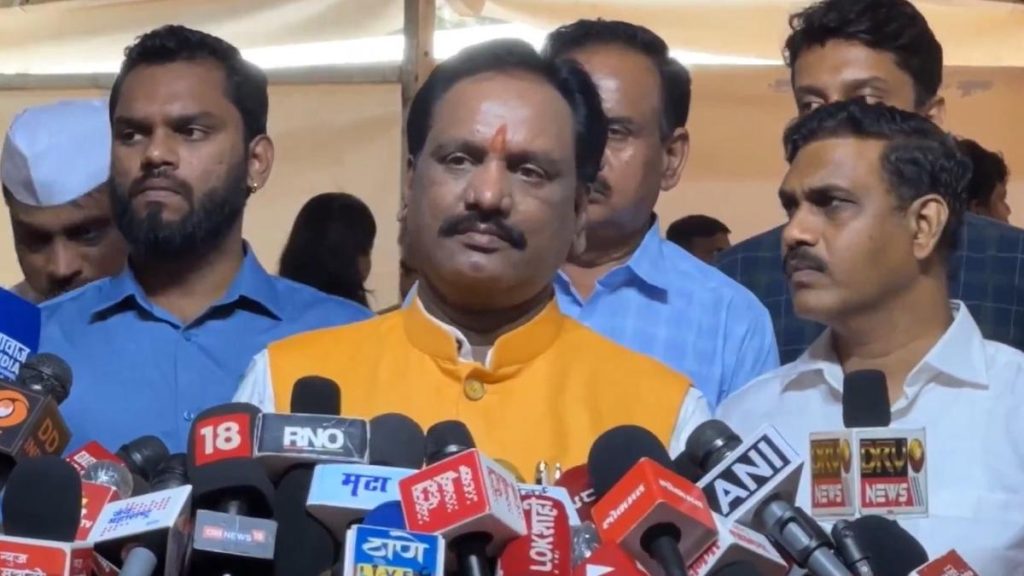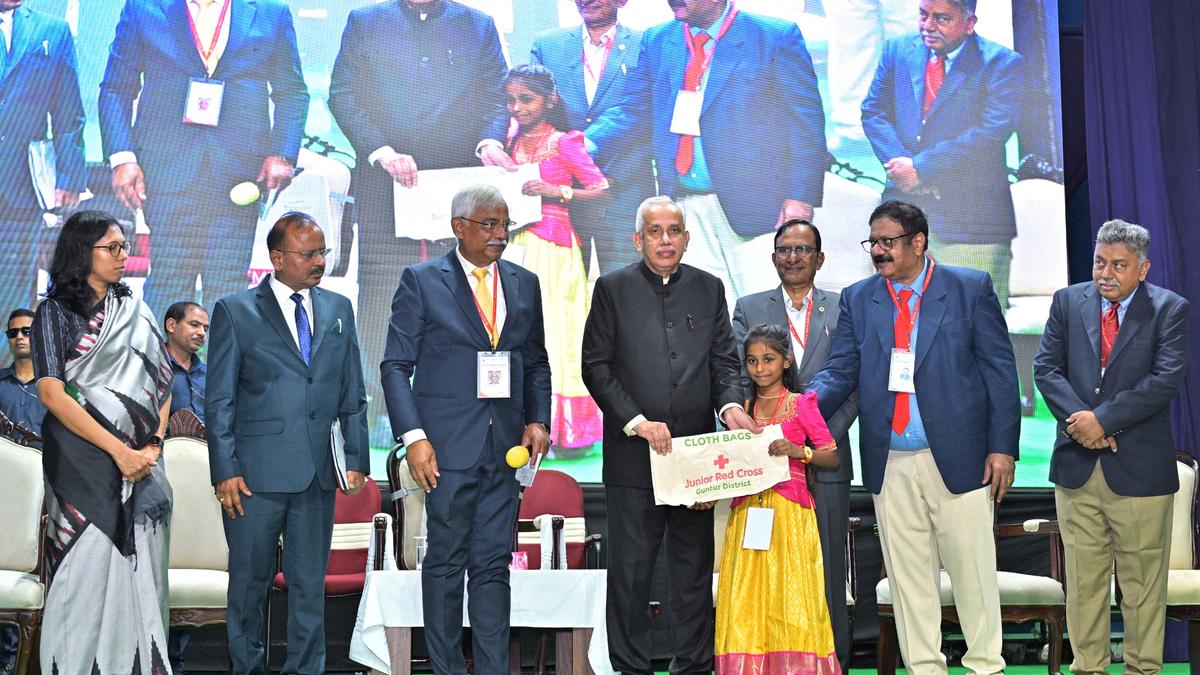Now Reading: **Lok Sabha Clears Indian Ports Bill Amid Opposition Uproar Over Bihar Voter Roll**
-
01
**Lok Sabha Clears Indian Ports Bill Amid Opposition Uproar Over Bihar Voter Roll**
**Lok Sabha Clears Indian Ports Bill Amid Opposition Uproar Over Bihar Voter Roll**
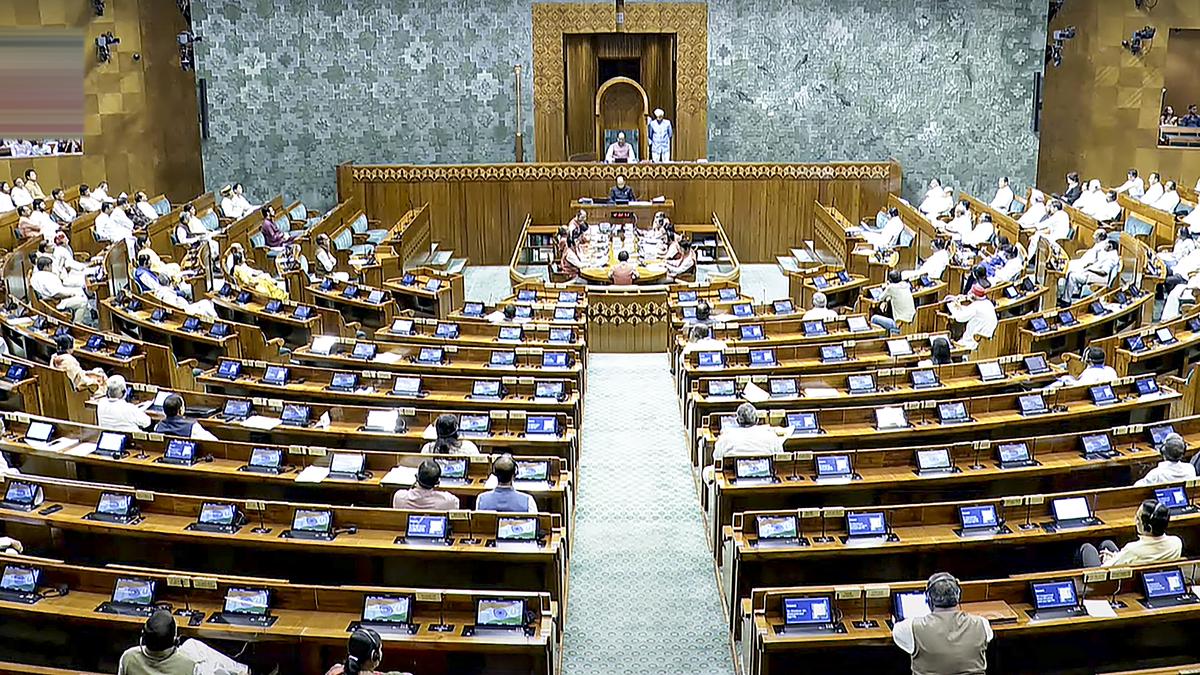
Quick summary
- Event: Lok Sabha passed the Indian Ports Bill, 2025, during the Monsoon session on August 12, 2025.
- Purpose of the Bill:
– Consolidate existing port laws.
– Promote integrated port growth and ease of doing business.
– Ensure optimal utilization of IndiaS coastline and compliance with international obligations.
– Empower state maritime boards too manage non-major ports effectively and form a Maritime State Development Council for structured growth in the port sector.
- Provisions include:
– management of pollution,disasters,emergencies,security,safety,navigation at ports.- Mechanisms to address conservation measures for ports and adjudicate port-related disputes.
- Context: Passed via voice vote amidst opposition protests over unrelated Bihar electoral roll issues. The Lok Sabha adjourned until later in the day following turmoil.
Indian Opinion Analysis
The passing of the Indian Ports Bill signifies an significant milestone toward modernizing India’s maritime framework by consolidating existing legislation and creating robust governing structures like state maritime boards and councils. By addressing critical areas such as disaster management, pollution control, safety standards, and dispute adjudication mechanisms within ports-alongside aligning these regulations with international instruments-the bill signals India’s intent to streamline its coastal infrastructure while meeting global benchmarks.
The focus on empowering individual states suggests decentralization aimed at greater regional autonomy in port administration. However, it remains to be seen how effectively central coordination through bodies like a maritime State Development Council can balance varying state priorities while driving holistic growth across India’s coastline.
Despite its meaning for economic growth via improved connectivity and trade facilitation-the chaotic parliamentary proceedings surrounding this debate highlight contrasting political narratives obstructing substantive engagement with critical legislative processes.


